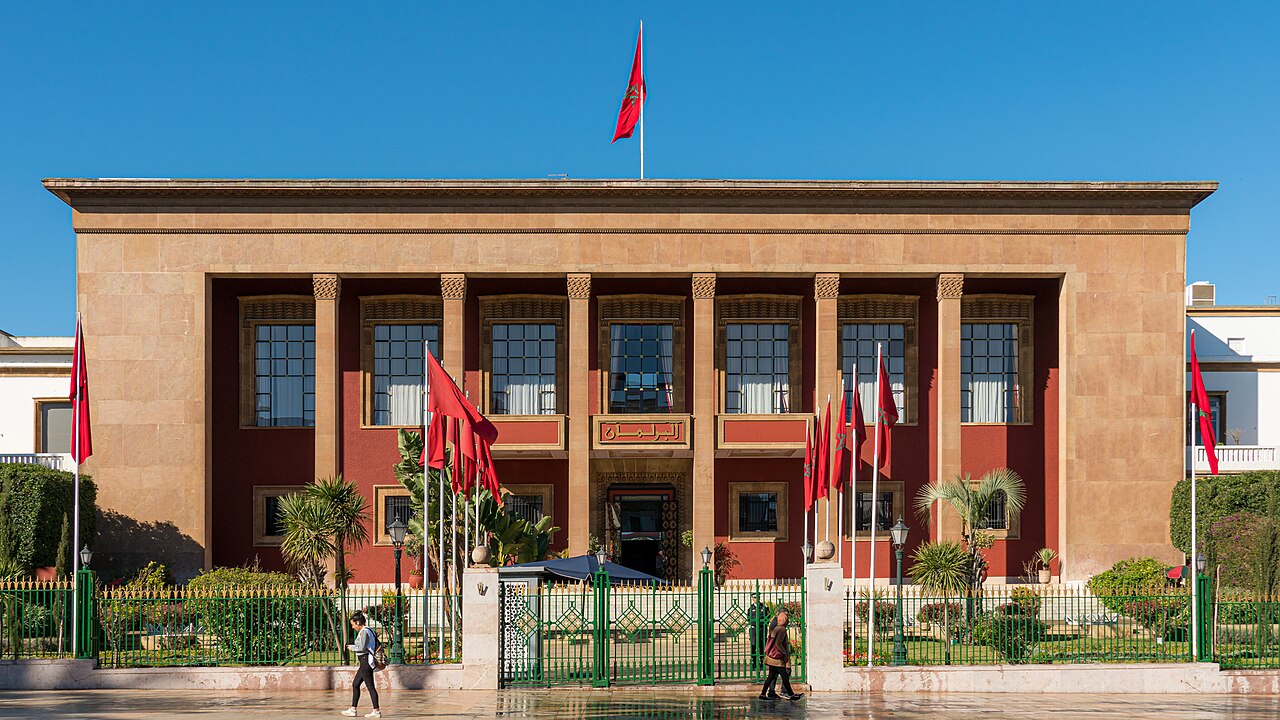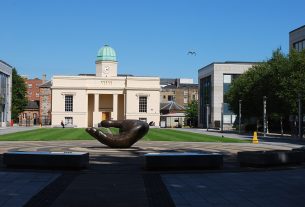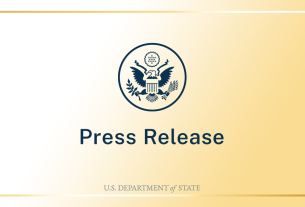Rabat, 7 October 2025 — Morocco has entered its ninth consecutive night of youth-led protests, as hundreds of demonstrators continue to demand government reform, accountability, and an end to corruption. The movement, spearheaded by the anonymous online collective GenZ 212, has gained momentum since its launch on 27 September, spreading across major cities and regional towns.
Grassroots Mobilization
Organized primarily through TikTok, Instagram, Facebook, and Discord, GenZ 212 has galvanized young Moroccans around calls for freedom, dignity, and social justice. Demonstrators gathered outside Parliament in Rabat on Sunday, chanting slogans such as “the state is corrupt, you can smell corruption.” Similar rallies were held in Casablanca’s El Fida district and Tetouan, with protesters demanding the resignation of Prime Minister Aziz Akhannouch and the dissolution of Parliament.
Escalation and Casualties
While most protests have remained peaceful, violence erupted midweek in Lqliaa, where three people died during clashes with security forces. Authorities claim gendarmes acted in “legitimate defence” as protesters attempted to storm a Royal Gendarmerie post. Amnesty International has since called for an independent investigation into the incident and broader concerns over the state’s response to civil unrest.
Underlying Grievances
GenZ 212 has criticized social inequality, failing public services, high youth unemployment, and perceived government excess — particularly in light of spending on the 2030 FIFA World Cup, which Morocco is co-hosting. Protesters argue that basic rights such as education and healthcare are being neglected in favor of prestige projects.
Political Response
According to state media, the Popular Movement Party has expressed willingness to engage with the protesters’ demands, while condemning acts of vandalism. The party has proposed a new governance model focused on reforming education, training, and health systems, and promoting sustainable employment and regional development, especially in rural and mountainous areas.
Outlook
As demonstrations persist, observers say the movement reflects a generational shift in political engagement, with young Moroccans leveraging digital platforms to challenge entrenched systems. Whether the government’s response will lead to meaningful reform remains uncertain, but the protests have already reshaped the national conversation around transparency, equity, and youth empowerment.
Moroccan-Parliament-Building-Rabat-on-Wikimedia-by-Fernando-Pascullo
Sources: Jurist.org; Morocco World News; Amnesty International; State Media Reports.



